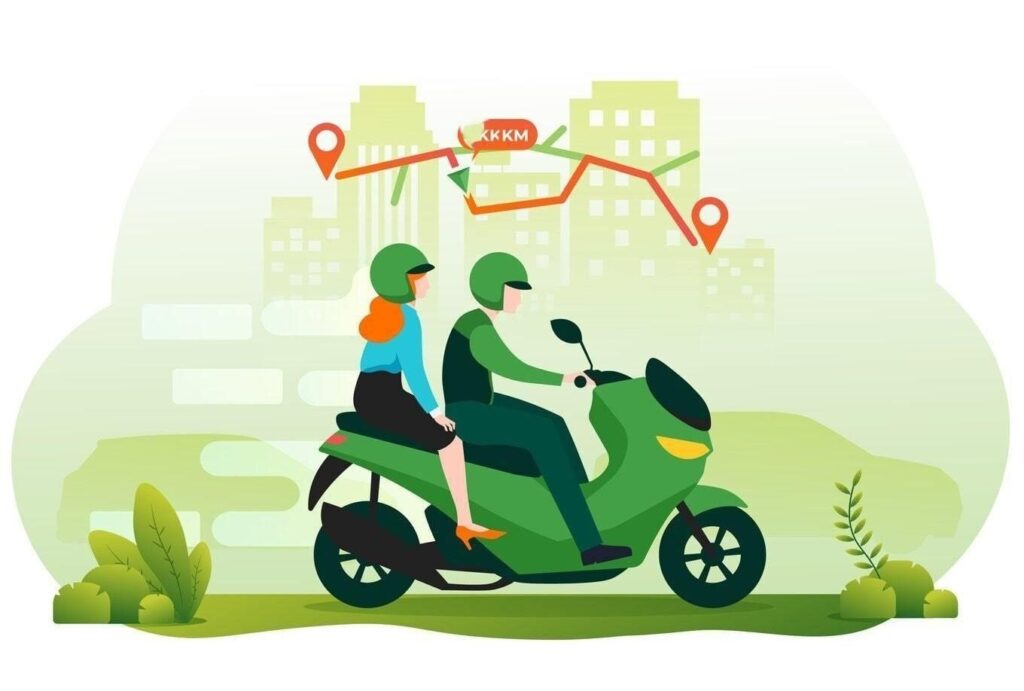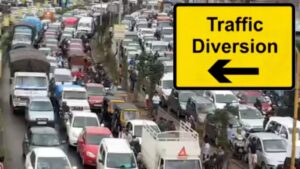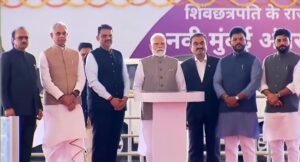E-Bike Taxi Policy Sparks Debate In Maharashtra: Experts From Pune Concerned, Auto Union Opposes

E-Bike Taxi Policy Sparks Debate In Maharashtra: Experts From Pune Concerned, Auto Union Opposes
Pune – The Maharashtra Cabinet’s approval of e-bike taxis in cities with a population of over one lakh has ignited a debate among transport experts, auto unions, and commuters. While public transport experts warn of increased congestion and safety risks, the Maharashtra Rickshaw Panchayat has voiced strong opposition, fearing job losses. Meanwhile, many commuters have welcomed the move, citing its affordability and convenience.
Policy Overview
Under the new policy, e-bike taxis will operate in urban areas, offering last-mile connectivity. Drivers will be between 20 and 50 years old, and women passengers will have the option to choose female drivers. The initiative aims to provide a cost-effective alternative to traditional auto-rickshaws and cabs.
Experts Raise Concerns Over Safety and Traffic
Transport experts argue that adding more two-wheelers to city roads could worsen congestion and increase accident risks. Citizen activists have criticized the decision, stating that public transport improvements should be the priority, rather than allowing more private vehicles.
They have also pointed out the safety hazards associated with two-wheelers, particularly in cities like Pune, where helmet compliance is low. “Would passengers be comfortable sharing helmets provided by taxi drivers?” they questioned, highlighting potential enforcement challenges.
Strong Opposition to Transport Department’s Secret Approval of Bike Taxis
Dr. Keshav Nana Kshirsagar. President, Baghtoy Rickshawala said, “We strongly condemn the covert approval of bike taxis by the Transport Department, which bypassed the standard administrative procedure of seeking public feedback on the Ramanath Jha Committee’s recommendations regarding bike taxis.”
Dr. Keshav Nana Kshirsagar, who led the largest protest in the country against bike taxis, had presented his statement before the Ramanath Jha Committee. However, despite multiple follow-ups, the Transport Department failed to disclose this information. Instead, the cabinet approved the committee’s recommendations even before publishing them on the government’s website for public review. “Although the newly approved law differs from previous illegal bike taxi operations, allowing bike taxis while keeping auto-rickshaw and cab permits open will jeopardize the livelihoods of rickshaw and cab drivers and worsen traffic congestion in the city, said Dr. Keshav Nana Kshirsagar.
Commuters Support the Initiative
Many daily commuters have welcomed the introduction of e-bike taxis, viewing them as a cheaper alternative to cabs and rickshaws. One commuter noted that she often spends ₹350-500 on auto-rickshaw or cab fares, and would prefer a more affordable option.
As the state prepares for the rollout of e-bike taxis, the debate between economic impact, safety concerns, and commuter benefits continues. The effectiveness of the initiative will depend on its implementation, infrastructure support, and regulatory measures in the coming months.









